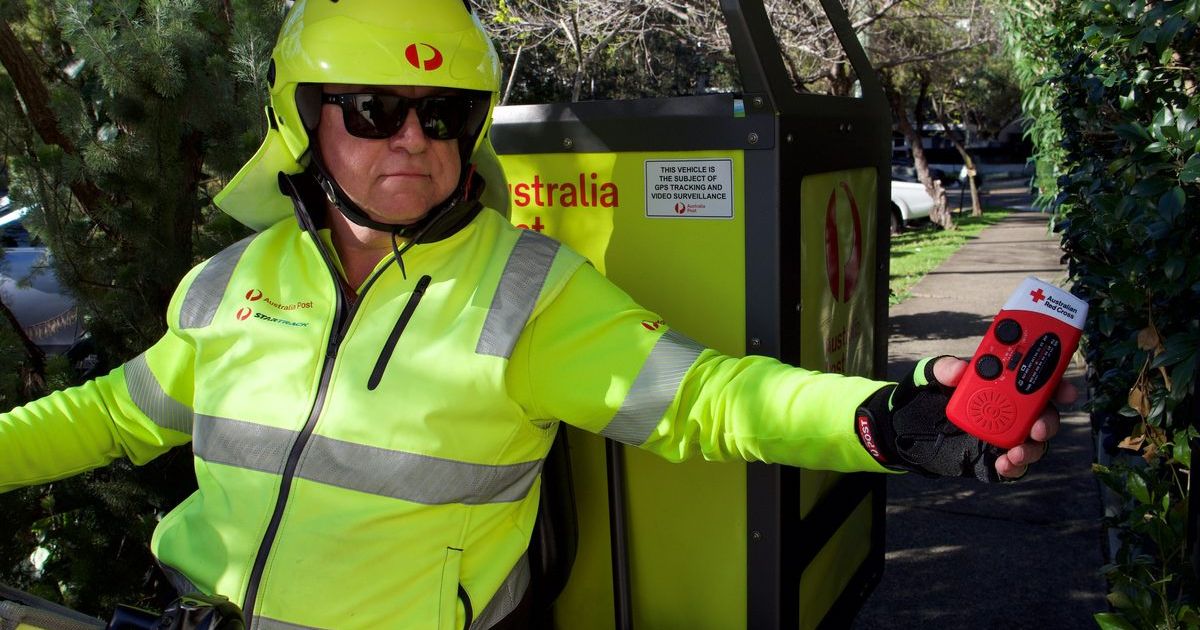Yarning garden to reach full bloom

Cultivating community: Food is Free founder and director Lou Ridsdale and Women’s Health Grampians’ First Nations health promotions officer Lyndel Ward are behind an upcoming project aimed at providing a safe space for Indigenous women. Photo: TIM BOTTAMS
BIG plans seven years in the making are on the way to provide a safe, inclusive space for the region’s Indigenous women from early next year.
Part of a collaboration between Food is Free and Women’s Health Grampians, a yarning garden for First Nations women is set to be developed at Barkly Square.
The project is being spearheaded by Food is Free founder and director Lou Ridsdale and Women’s Health Grampians’ First Nations health promotions officer Lyndel Ward, and the latter said it’s been in the works for many years.
“Lou and I have known each other for some time. When I started volunteering with Food is Free about seven years ago we talked about starting an Indigenous native garden, something for First Nations women,” she said.
“It came out of the need for food security and just to get the community getting together and having that connection to the land. It’ll be about learning those lost practices, and how to cook traditional food.”
As a Gamilaraay/Gomeroi woman, Ms Ward said the project for her is also about satisfying a personal interest and connection.
“I’ve always been fascinated by plants Indigenous to where I’ve lived in Australia and the benefit they can have,” she said.
“It’s wanting to learn and pass on that knowledge to my child and to other people in community, and to get your hands deep in the soil how our ancestors would’ve prepared their food.”
The project will be open for women aged 16 and over, and is being supported with grants from the City of Ballarat and the Department of Justice and Community Safety.
Ms Ridsdale said there are plans to grow the initiative beyond its primary focus.
“We’ve got a lot of ideas for workshops too for members of the yarning garden but also some for people in the community to come learn about the culture,” she said.
“There’s also opportunities for other people to learn about bush tucker and for mob to reconnect. It’s also beautifying this space which is a lovely thing to do.”
The beautification of Barkly Square is set to include mural works undertaken by local artists.
Ms Ward said she also aims to incorporate medicinal foods into the project such as the inclusion of native plants aimed at assisting with mental health and autoimmune reproductive issues.
“We’ll also be using traditional gardening tools as well like digging sticks and dillybags,” she said. “It’s the connection between primary health care and the First Nations people using them while gardening.
“It improves mental health and that sense of community and belonging to the land.”
The initiative is slated to begin in around February/March next year.


















